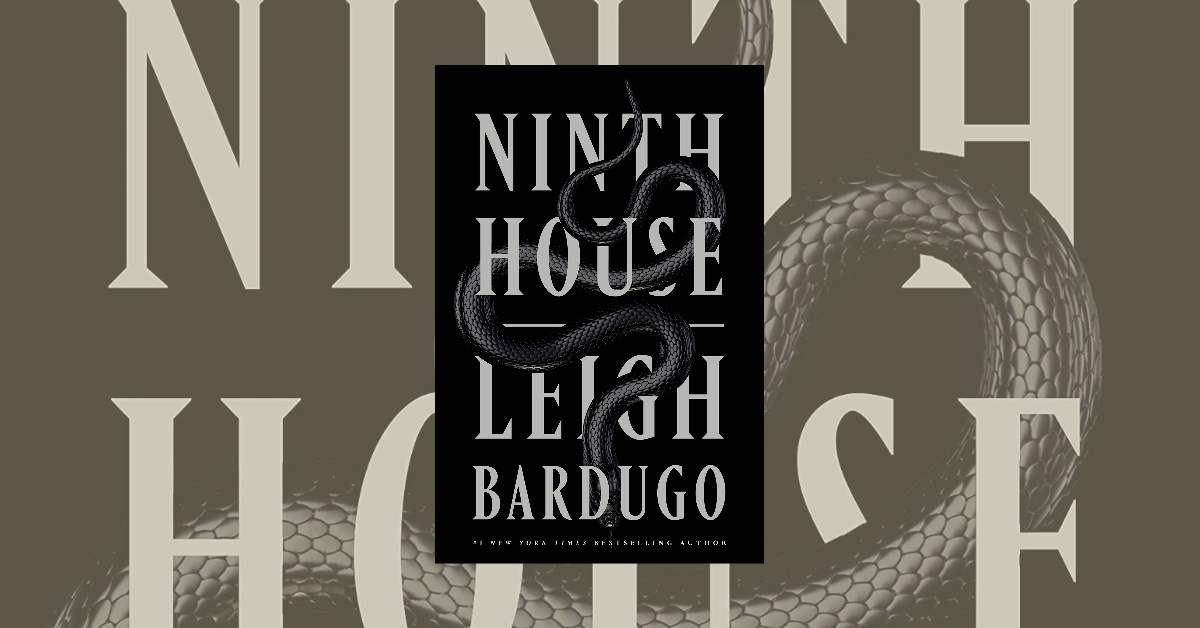Stepping into the hallowed halls of Yale University is often portrayed as an idyllic pursuit, a quest for knowledge and enlightenment. Yet, within the enticing framework of Leigh Bardugo’s “Ninth House,” we are invited to venture into a shadowy version of academia where sorcery mingles with the cerebral—where ghostly apparitions and esoteric rituals lurk behind the ivy-covered walls. Bardugo, known for her deft world-building and vibrant characters, delivers an enthralling narrative that promises a paradigm shift in how we perceive both collegiate life and the supernatural.
At the centerpiece of this ambitious tale is Alex Stern, a seemingly unwary protagonist who grapples with a turbulent past. Her journey begins with a tragic incident that leaves her deeply scarred, yet it also presents an opportunity for transformation as she is offered a second chance at life through admission to Yale, albeit under unique circumstances. While many college students are eager to find their passions and craft their futures, Alex’s motivations are steeped in survival. This juxtaposition effectively propels readers into a saga where ambition clogs with the profound complexities of grief, trauma, and destiny.
Bardugo not only creates a character that resonates with vulnerability but also engages us with a shifting narrative perspective that deftly oscillates between the arcane and the immediately relatable. Readers are not merely sent on a magical scavenger hunt through Yale; rather, they are compelled to interrogate the very foundations of power structures within elite institutions. In exploring the secretive societies that populate Yale’s campus, the author unveils the darker elements of privilege and secrecy, while rendering them with unapologetic intrigue.
The university’s immersive settings—spanning from stunning libraries to clandestine meetings—are painted with such vivid detail that the reader is submerged in the experience. Bardugo excels with her astute depictions of the everyday juxtaposed with the extraordinary—a phenomenon some might deem as a form of savoir faire. For instance, the description of the “ninth house,” Lethe, where the convoluted realms of life and death intertwine, serves as a microcosm of broader themes regarding identity and morality. Throughout “Ninth House,” readers are invited to navigate the murky waters of ethical complexity, as characters grapple with their own understanding of right and wrong in a morally ambiguous universe.
An integral voice within this tapestry is the undeniable bond of friendship. The camaraderie that develops among Alex and her fellow characters serves not just as a source of support but also raises questions about loyalty and betrayal. In a world richly populated by sociopathic elites and tortured souls, relationships are born from necessity and, at times, desperation. Each character’s journey, woven intricately with Alex’s, elevates the narrative; it compels readers to invest not only in the larger conflict at play but also in the nuances of these interwoven lives. The stakes are elevated when seemingly inconspicuous decisions ripple into consequential outcomes—a sentiment that resonates with everyone who has briefly navigated the labyrinth of youth.
Concurrently, the book is punctuated with bouts of visceral thrill that punctuate the reading experience. Mysteries unfurl and lay bare the vulnerabilities of its characters as secrets are dredged from the past like tarnished relics. The propulsive narrative is underscored by tension and unpredictability, yielding a captivating pacing that keeps readers perched on the edge of their seats. As revelations about Alex’s abilities and the pernicious societies inch closer to a terrifying climax, even the faintest shadows of predictability dissolve into the allure of the unknown—a hallmark of Bardugo’s storytelling prowess.
However, the true genius of “Ninth House” lies within its ability to challenge conventions. In a world saturated with tales of the supernatural intertwined with upper-crust society, Bardugo elevates her narrative by imbuing it with a cerebral essence. Every arcane ritual possesses layers of meaning that propound deeper discussions on the intersection of privilege, power, and the unrelenting weight of expectations. The reader is prompted to embark on an introspective journey regarding the exploitation of knowledge and the subsequent ethical conundrums it introduces. Bardugo deliberately leans into these philosophical explorations, thus enhancing the readers’ engagement in the protagonist’s life—life not merely shrouded in the mystical, but also anchored in reality.
The prose itself is an encapsulation of both arresting beauty and unvarnished reality, a duality reflecting the complex nature of the narrative. Bardugo’s use of vivid imagery, coupled with her incisive language, ensures that nothing is lost in translation: the eerie ambiance of haunted buildings, the intoxicating allure of buried secrets, and the harsh realities of mental illness are all rendered with equal respect. Through the lens of fantasy, Bardugo boldly confronts traditional narratives surrounding trauma and recovery, redefining what it means to be both a survivor and a participant within the tumultuous world of academia.
In conclusion, “Ninth House” is more than a mere merging of fantasy and reality; it challenges readers to reconsider the ways in which power operates within the spheres they inhabit. It ignites curiosity, making promises of further exploration of the intersection between the mortal and the spiritual. By the end of this unforgettable odyssey, the revelations leave behind not only a sense of wonder but also a profound, lingering question: What truths lie beneath the surface of our own realities? Bardugo leaves us stirred, inviting a reckoning that extends well beyond the pages of her captivating novel.
